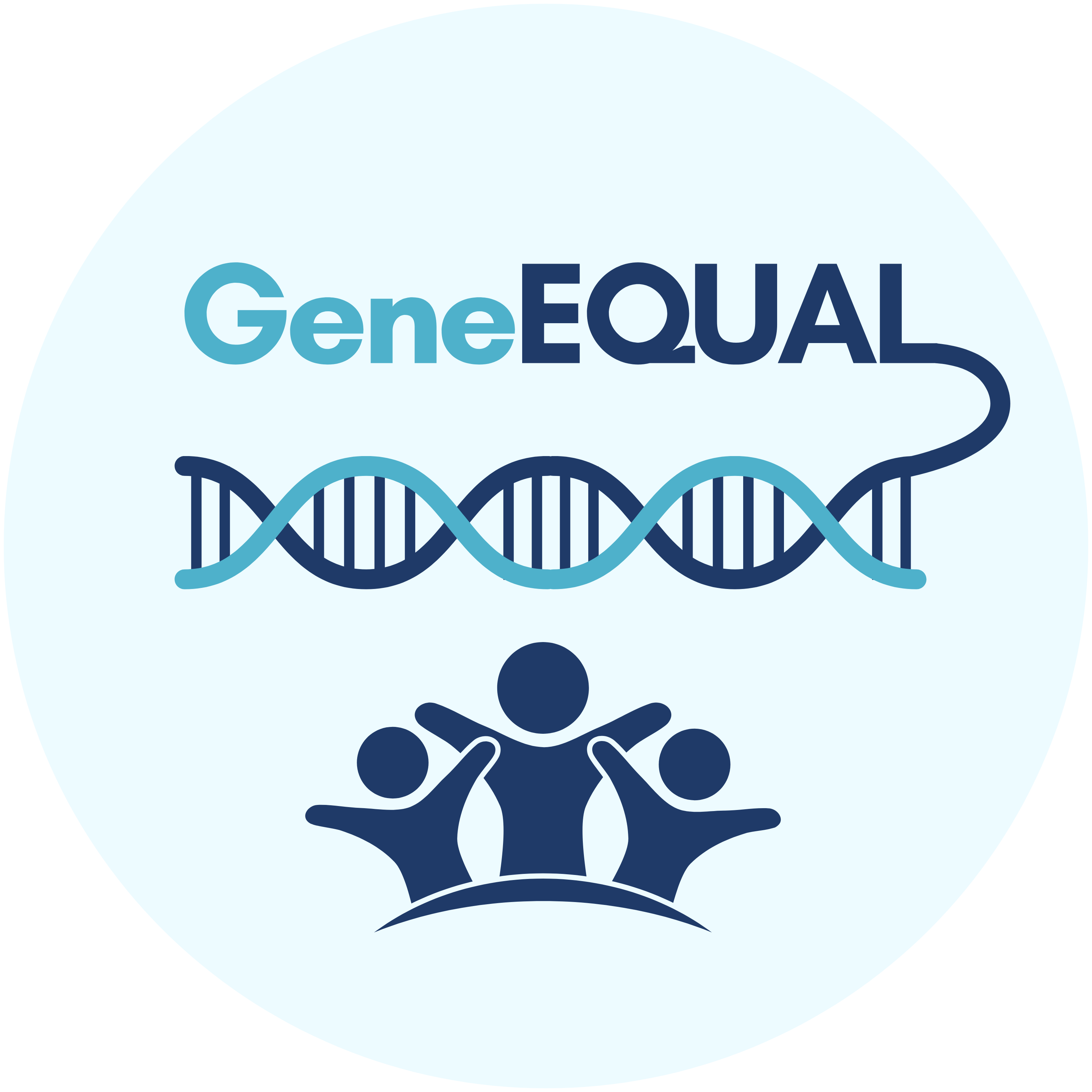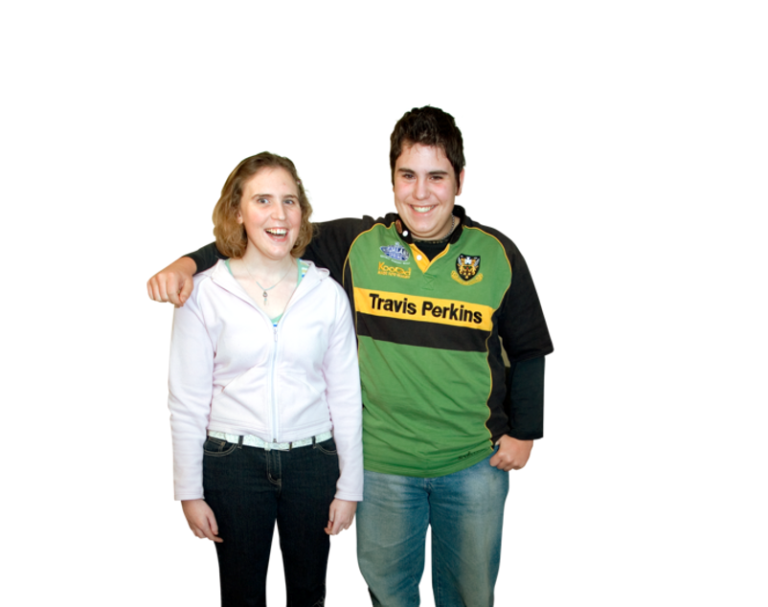This is an article written by a team of three people, including a co-researcher.
Johnathon Ding and his team read our GeneEQUAL article on informed consent in health care.
Johnathon Ding and his team thought our article was important in improving health care for people with intellectual disability.
Read what Johnathon Ding and his team said about our GeneEQUAL article on informed consent in health care.
Click the link below.
It is up to healthcare professionals to talk to us in a way that we can understand: informed consent processes in people with an intellectual disability
The GeneEQUAL team has published an article in The Conversation.
This article is about
- GeneEQUAL’s last project
- what people with intellectual disability told us
- the resources we made
- the importance of the voice of people with intellectual disability in health care
The Conversation Article Online
We want to hear from health care workers.
Tell us what you think about the GeneEQUAL Toolkit.
Our survey (linked to prize draws) is open.
It will close on the 23rd of November 2023.
Scan the QR code for more information







